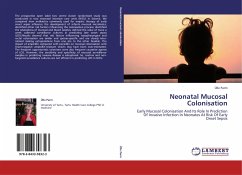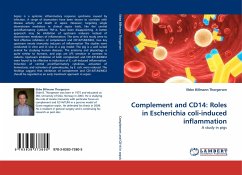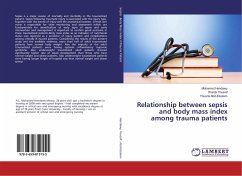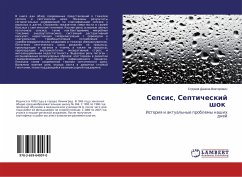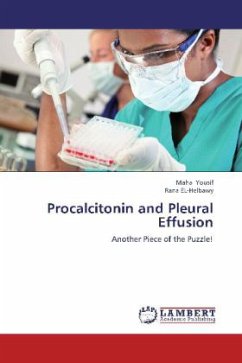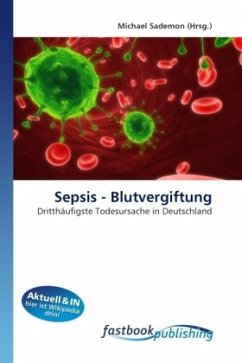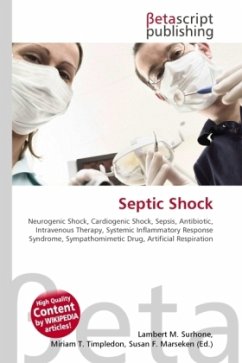The prospective open label two centre cluster randomised study was conducted in two neonatal intensive care units (NICU) in Estonia. We compared how antibiotics commonly used for empiric therapy of early onset sepsis influence the development of infants mucosal microbiota; identified other risk factors influencing the colonisation process; identified the relatedness of mucosal and blood isolates; defined the value of twice a week collected surveillance cultures in predicting late onset sepsis (LOS).Results showed that risk factors influencing nasopharyngeal and rectal colonisation are similar and species-specific and are closely inter-related making extrapolations from one site to the other feasible. The impact of ampicillin compared with penicillin on mucosal colonisation with Gram-negative ampicillin-resistant strains may have been over-estimated. The frequent opportunistic colonisers were also frequent causative agents of LOS. However, the sensitivity and specificity of mucosal surveillance samples in predicting invasive disease is suboptimal. So, routine and non-targeted surveillance cultures are not efficient in predicting LOS in NICU.
Bitte wählen Sie Ihr Anliegen aus.
Rechnungen
Retourenschein anfordern
Bestellstatus
Storno

